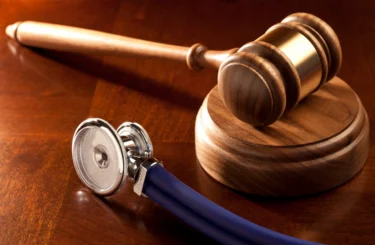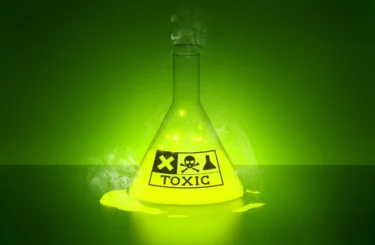Hospitals Send Letters Warning Surgery Patients of Deadly Bacteria Exposure from Stockert 3T
It sounds like something that could serve as the opening scene of a Hollywood medical thriller: You open your mailbox to find a letter from a hospital where you were treated years earlier. The hospital is writing to inform you that a machine in the operating room during your surgical procedure may have emitted potentially deadly bacteria into the air. Even if you don’t feel sick, it says, that bacteria may still be lingering inside you.
And it could kill you.
Tens of thousands of people across the country have been receiving letters recently saying essentially that, as hospitals try to warn patients of the risk of infection from the Stӧckert 3T.
The Stӧckert 3T is a heater-cooler device often used during complicated cardiopulmonary procedures, such as open heart or lung surgery. Imported from Germany, the device warms and cools a patient’s blood when it is circulated outside the body during surgery.
The problem is that these machines have been found to harbor Mycobacterium chimaera (M. chimaera), a bacteria that can be emitted into the air of the operating room in a fine mist or spray that is released from the Stӧckert 3T’s exhaust vent. During surgery, M. chimaera may then enter the patient’s open chest cavity.
The bacteria can cause a serious and often deadly infection in patients with symptoms that include night sweats, joint pain, stomach pain, nausea, fatigue and cough. Because the bacteria are slow growing, it can take years for symptoms of an infection to develop.
The Stӧckert 3T heater-cooler device has been available in the U.S. since 2006, and about 2,000 are currently in the U.S., according to the FDA. Since Jan. 2010, the FDA has received 91 “adverse event” reports associated with the Stӧckert 3T, including 79 infections and 12 deaths.
In July 2014, a South Carolina hospital outlined safety measures it took after 14 patients developed bacterial infections after open-heart surgery. A year later, a Pennsylvania hospital identified a cluster of infections among patients who had undergone open-heart surgery.
That same year, the FDA threatened to ban the machine due to safety concerns, but did not. In October 2016, the FDA strongly recommended that hospitals replace older Stӧckert 3T machines, and counseled hospitals to “follow their internal procedures for notifying … patients if they suspect infection associated with heater-cooler devices.”
Hospitals in at least 16 states are known to have used the Stӧckert 3T, and since October 2015, it is believed that about a dozen hospitals have sent notification letters to their patients, including:
- Community Heart and Vascular Hospital
- Franciscan Health
- Mayo Clinic
- Mercy Medical Center in Iowa
- McLaren Hospital
- Penn Presbyterian Medical Center
- Penn State Hershey Hospital
- Spectrum Health Medical Center
- University of Iowa Hospital
- University of Michigan Medical Center
- WellSpan York Hospital
If you have received a letter and you haven’t had symptoms, you still need to be vigilant. See your doctor to learn more about signs of an infection, which can emerge as many as five years after surgery. If you’ve received a letter and you have had symptoms, consult your doctor immediately to confirm an infection and get the necessary treatment, but also call us to talk about your legal rights. The law gives you only a limited amount of time to pursue your right to seek compensation for your pain, suffering, lost wages, and other harm.
And, even if you haven’t received a letter, you should still be vigilant for signs of an infection if you’ve had any kind of cardiopulmonary surgery since 2010. That’s because while the FDA has urged hospitals to notify at-risk patients, they have not made this a requirement. There’s no doubt that some hospitals will be more conscientious about letting their patients know about this serious risk.
Recovering from open heart or lung surgery is difficult enough without having to worry about the possibility of developing a deadly infection due to a defective medical device. If you have any questions, please contact the attorneys at Sommers Schwartz for a free consultation today!
Lisa Esser-Weidenfeller
Lisa Esser-Weidenfeller represents injury victims in personal injury and medical malpractice claims. She also represents individuals in cases against those who have committed horrific acts of sexual assault.





